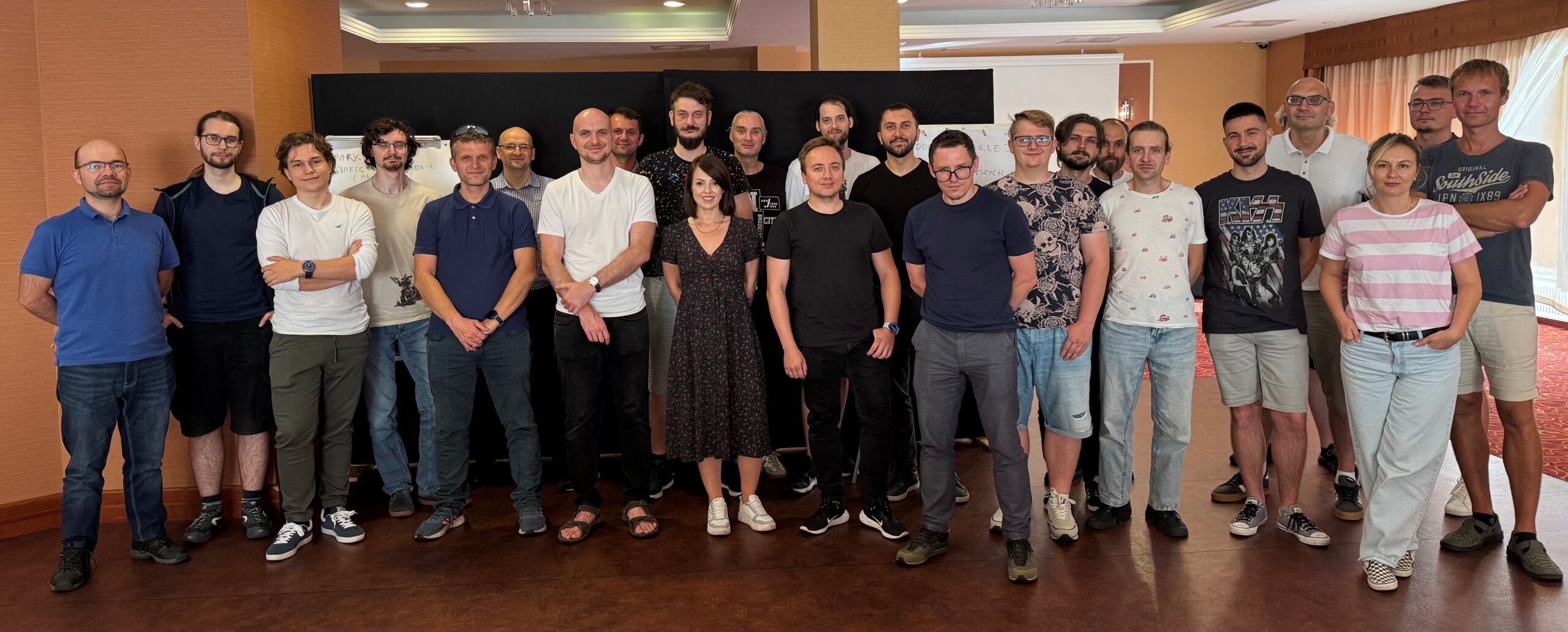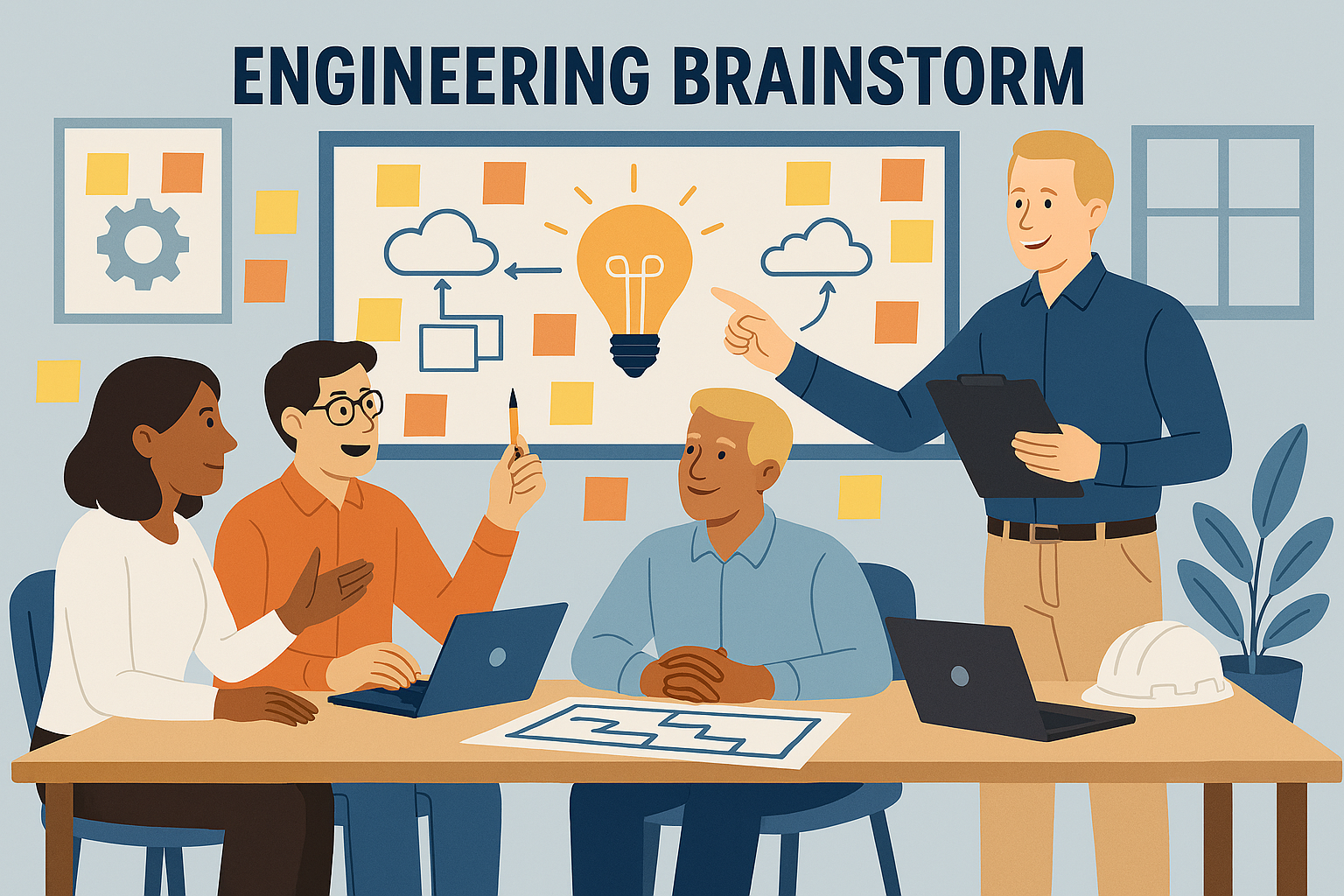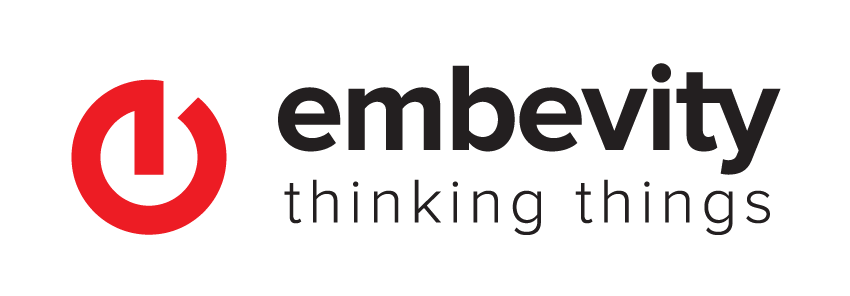Yes, we brainstormed through some of our processes to improve our services.
![]() #brainstorm, #workshop, #processes, #integration, #growth
#brainstorm, #workshop, #processes, #integration, #growth
We grow on creativity and so do our services’ benefits. In search of improvements our developers, scientists and a few non-dev people took on brainstorming during self-organised workshops.
We like to share our knowledge and exchange experiences, but sometimes we simply lack the time while working on ongoing projects. However, we also feel the need to explore new ideas and open space for creative thinking, which is why we organized internal workshops during our integration trip. The goal was to create action maps for topics that are interesting to us and that can help optimize our daily work.

What did we discuss?
Among other things:
- The use of AI technologies in an engineer’s daily work – what opportunities and risks come with it,
- Cybersecurity in projects – how to ensure security already at the start of a project,
- Developer-friendly hardware design – how to build devices that are easy to test, program, and scale.
Each of these topics stems either from market demand or from our observations of evolving trends and standards in embedded systems work. These are areas important not only for us but also for our clients. That’s why we decided to move our work for one day to the picturesque town of Wisła and conduct workshops dedicated to these issues.
This formula of work was completely new to us, but we wanted to create a space for free exchange of thoughts and substantive discussion. Each participant could choose which workshops to join, which resulted in very diverse groups that exchanged different perspectives and reached interesting conclusions.
And that’s exactly what happened. People not directly involved in a given area often turned the discussions upside down by asking questions or presenting insights that more experienced participants might have overlooked. But that was the point! It was a true brainstorm, with neurons buzzing and ideas flowing. Every group was fully engaged in developing their topic, which led to many great ideas and concepts we want to implement in our daily work.
What conclusions did we reach? Here’s a short summary:
- AI – we identified areas where an engineer’s work could be supported by AI to increase task speed and efficiency. We will therefore create a space within our team for a technology division responsible for development and implementation of such tools, analyzing AI services that support our development, and sharing knowledge with the rest of the team.
- Cybersecurity in projects – we agreed that “the future is now”, and cybersecurity in embedded systems is no longer just a possibility, but a requirement driven by new standards and regulations. That’s why we planned the following internal actions:
- preparing components that facilitate analysis and application of CS in projects (procedures, documents, software elements),
- expanding internal QA solutions with tools verifying the CS level,
- developing communication formats to raise client awareness of CS needs already at the inquiry and specification stage.
- Hardware design – hardware and firmware are closely related throughout the entire development process and should not be treated separately. Minor hardware design modifications can save a lot of time for both parties and should be identified at early stages of the project. Firmware developers should feel free to add their own requirements to the existing product specification, while hardware developers should define test firmware features that would help with board bring-up and troubleshooting.
This experience showed us how important it is to make time for a real brainstorm within the company and how many benefits it can bring. Even though these were our first workshops, we consider them a great success. They brought the team closer together, created opportunities for valuable discussions, and resulted in a concrete action plan that will help us work better and more efficiently in the dynamically changing embedded market.
We would like to thank all the team for being active and productive. Special thanks goes to all the facilitators: Krzysztof Bartnicki, Krzysztof Czyż, Mateusz Maciąg, Krzysztof Plaza, Kornel Swierzy and Karol Żak.



